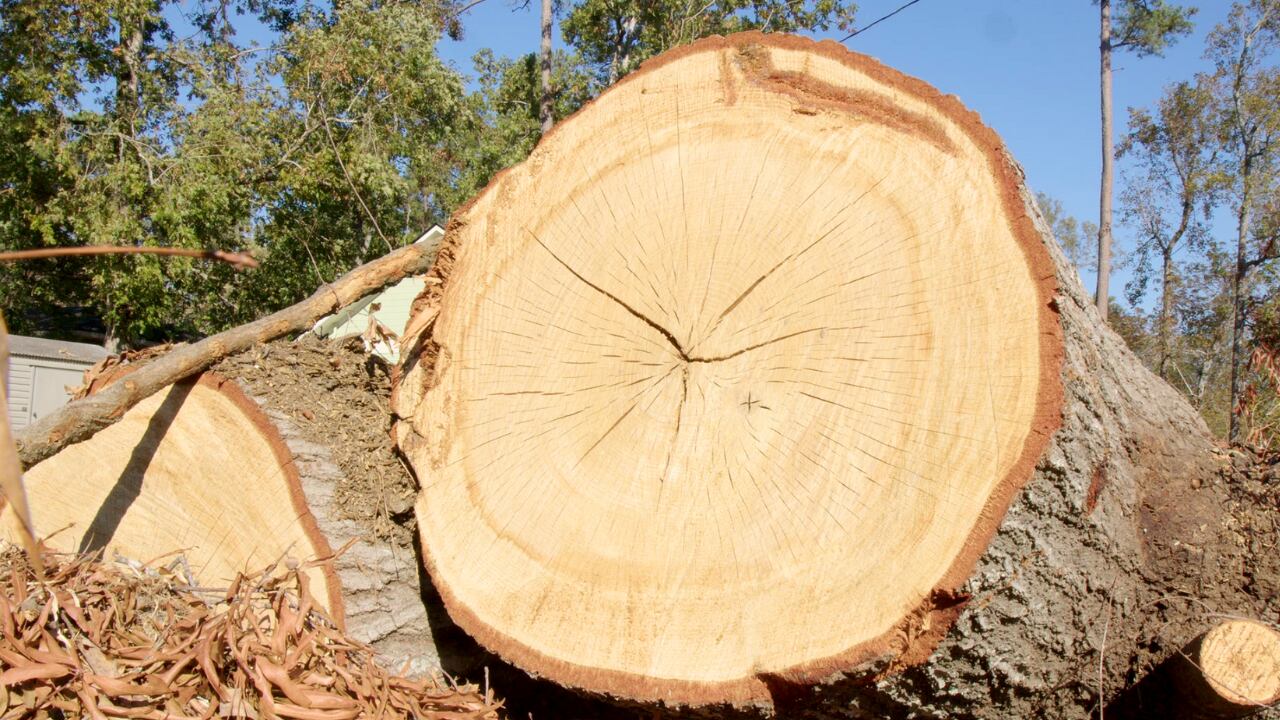I-TEAM: The long-term impacts of hurricanes on marginalized communities
AUGUSTA, Ga. (WRDW/WAGT) - The deadline to apply for FEMA assistance for Hurricane Helene is about a month away.
Historically, natural disasters hit poor communities of color the hardest, where limited income and resources make accessing resources like FEMA assistance a challenge.
Your I-TEAM met with one woman on a mission to change that.
Chauncia Willis has seen firsthand the long-term impacts of hurricanes on marginalized communities, which is why she was in Augusta on Tuesday.
Helene hit without bias from Westwick to Sandhills and after serving two decades in emergency management, Willis can tell you recovering and rebuilding isn’t always equal across neighborhoods.
Willis says when disaster happens, marginalized communities fall further behind.
“Tourist areas seem to get repaired first, but the underserved communities are still underserved even in times of disaster,” said Willis.
MORE FROM THE I-TEAM:
- Federal Trade Commission bans false company reviews
- Helene has displaced students at nearly every Richmond County school
- A look at Helene’s impact on mail-in voting
- A look at how officials assess Hurricane Helene damage
- Some say FEMA aid isn’t coming fast enough
- What to look out for when choosing a roofing company
- How to protect your home, wallet from tree damage
Willis founded the Institute of Diversity and Inclusion in Emergency Management to bridge the inequity gap between recovery resources and marginalized communities.
Minorities make up more than 60% of our community in Augusta-Richmond County, more than 20% of whom live in poverty.
“What I have seen in Augusta in just a day and also hearing from our equity and response teams is that housing is an issue,” said Willis. “Some parts of town have recovered and other parts are in need of significant assistance.”
An expert’s tips on the best trees to replant after Helene
Across the CSRA, we saw thousands of trees come down due to the impacts of Hurricane Helene. Some property owners are already asking the question of what they should plant next.

The need is even greater among homeowners with high deductibles or no homeowners insurance at all.
One in 13 homeowners across the United States are uninsured according to a report released this year from the Consumer Federation of America.
Most at risk are homeowners of color and homeowners with lower incomes.
“If these groups are not being prioritized and ed for, then we need to do that so they don’t fall further behind during times of disaster,” she said.
MORE I-TEAM INVESTIGATIONS:
- Rep. Rick Allen ‘impressed’ with improvements at Bon Air Apartments
- Ossoff probe brings hope for troubled Augusta apartments
- Congressman wants answers on problems at Bon Air Apartments
- Bon Air Apartments fails latest inspection, letter to Rep. Rick Allen reveals
- Bon Air Apartments’ owners give city an update on safety
- Augusta leader addresses crime at Bon Air Apartments
Seniors in marginalized communities often become targets for people wanting to profit off of their lack of resources. Tricked into g over the deed to their home when they think they’re g a roofing contract or selling off their damaged home for pennies to out-of-state investors.
This is the time to keep an eye on your family and neighbors as recovery efforts continue throughout our area.
Copyright 2024 WRDW/WAGT. All rights reserved.















